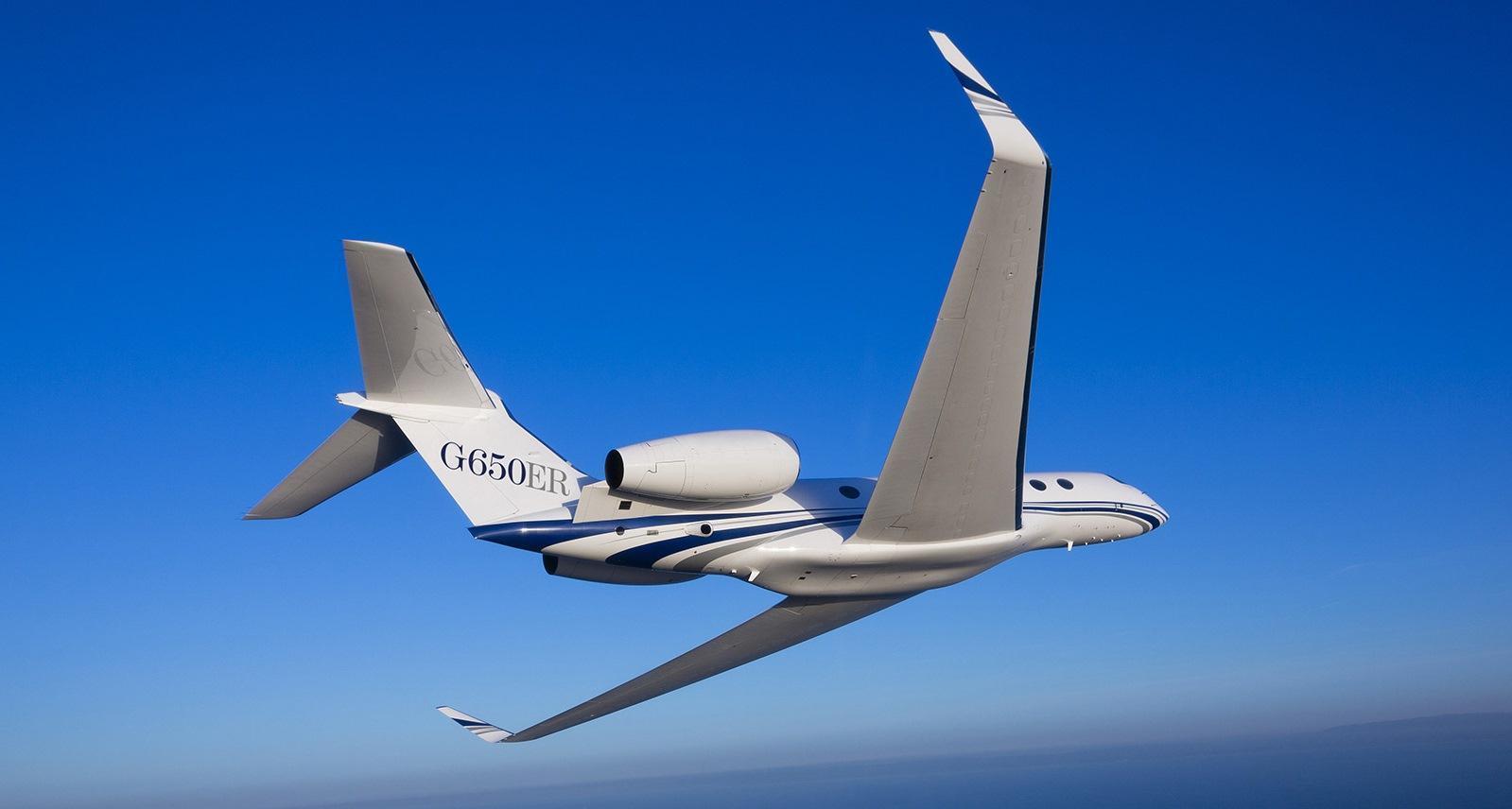
Business aviation operators are feeling the impact from the spread of the COVID-19 virus and are adopting a variety of risk management solutions to cope.
During a panel discussion at the British Business and General Aviation Association (BBGA) conference held near Luton, UK, on March 5, Gama Aviation’s risk management and assurance director, Hannah Smith, outlined some of the coping strategies her company has put in place. Dr. Michael Braida, European director of medical, security and travel safety support consultants MedAire, also suggested mitigations that operators could use.
Braida’s views have been colored by experience.
In January he was called by a client who had flown an evacuation mission from Japan to Israel with 11 passengers on board. All of them had been screened for the virus in Japan and declared healthy. The aircraft, freshly disinfected, was en route empty back to Japan when the four-person crew was contacted by Israeli handling agents. “Israel says, ‘Hey guys, we have a person now under investigation from those 11 passengers,’” Braida recalls. “As you can imagine, that really hit them hard, because nobody expected it.
“The big question was, ‘What do we do now?,’” he continued. “In that type of situation, you have to abide by national regulations. But what were they? It can be different for each country. In this case, the local health department was informed, the crewmembers were isolated and reassured, and they were immediately put into self-quarantine.”
Although the crew all had negative results from testing, they were kept in quarantine in a hotel room for 14 days, Braida says. Such restrictions are obviously challenging, both in terms of maintaining operations and in caring for staff and customers.
“It’s really important to have a proportionate response so that we manage the issue responsibly—which means making sure our assets and our clients’ assets are managed well. But it also means we have a duty of care to our workers and colleagues,” Smith says. “But we also need to maintain business performance, because we still have money to make and bills to pay.”
Gama, with a division in Asia, has been exposed to issues raised by the virus since early in the outbreak. But Smith acknowledges that the global spread—and particularly the recent spikes in European incidences—has increased the intensity of their focus. “We’ve implemented a number of dynamic processes,” she says. “They have to be dynamic, because it’s not a black-and-white situation.”
Gama has either instituted new risk management strategies or adopted new ones in several areas, Smith says. These begin in the early stages of flight planning, with a detailed audit of each crewmember’s recent travel history, and that of all passengers, which must then be overlaid in the planning process with measures put in place by regional authorities. She notes the example of Jersey, where the company has an FBO. It has decided that anyone with a travel history to a constantly updated list of virus hot spots must self-isolate for 14 days, even if there are no symptoms.
“For a charter or managed-aircraft process we have to consider that, because it would potentially mean that our aircraft, or a client’s aircraft, has to sit on the ground for 14 days,” she says.
The company is monitoring staff holidays. “We’re not going to say, ‘You can’t go.’ But we have to make sure that if someone is coming back from an area that’s high risk that we contain that risk,” Smith says. Gama is also ramping up its business continuity planning.
“Depending which figures you listen to, [up to] one in five people may not be available,” she says. “We’re undertaking a business impact assessment across all of our divisions, and working out what the potential mitigations are, and the cost of those mitigations. It’s to make sure we take sensible decisions and we don’t suddenly get faced with a problem that we can’t manage. This is a fine piece of work for us to do anyway, coronavirus or not.”





